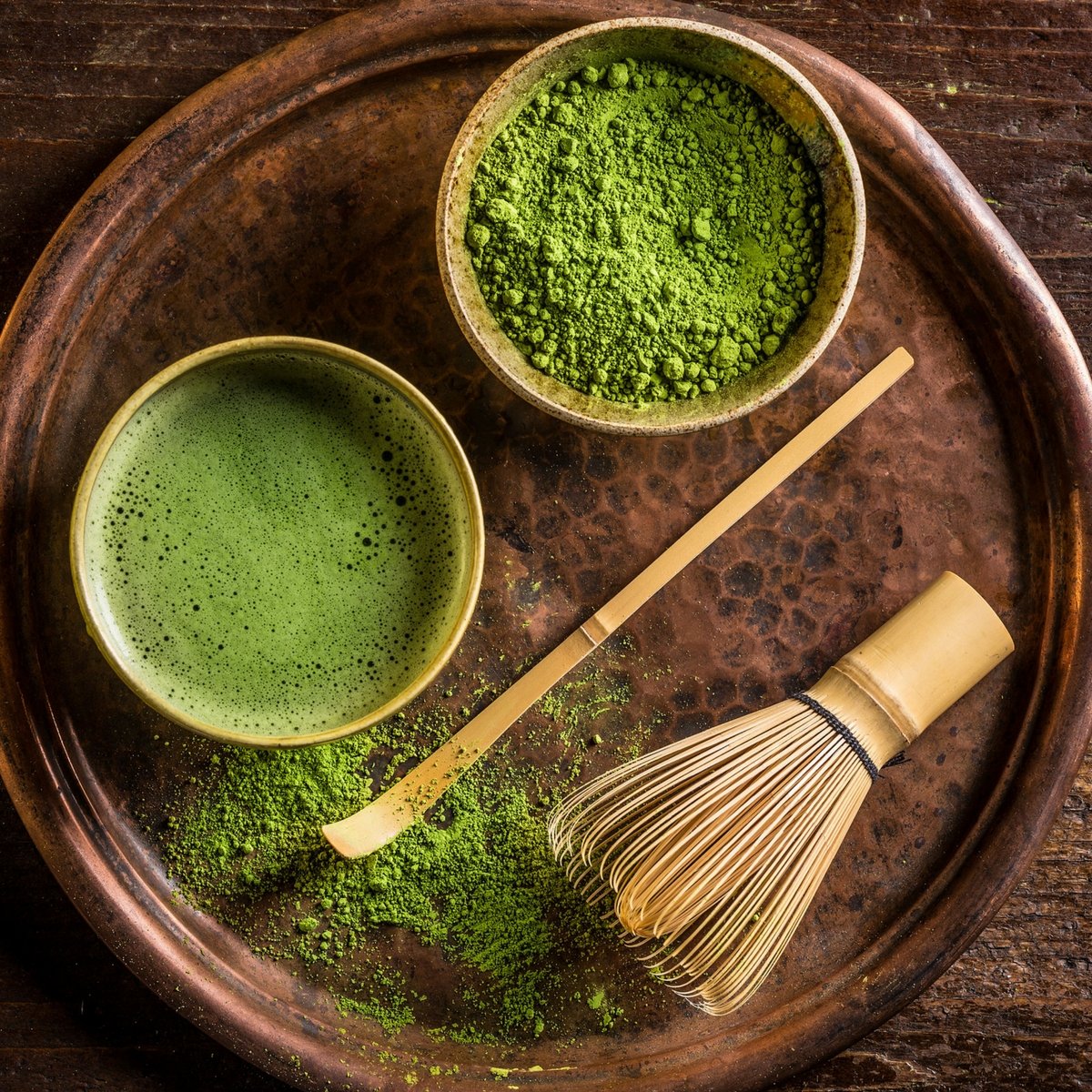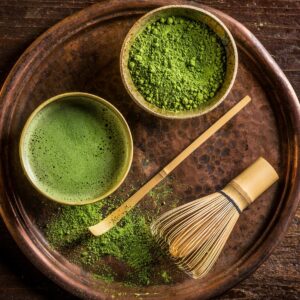

The food that you put into your system is so much more than just calories!
It’s foundation. It’s function. It’s information.
It affects every cell in your body, as well as your gene expression, making it powerful enough to even affect your state of well-being.
Inflammation is part of the body’s immune response that helps us heal. It’s what happens when you get a splinter and the whole area turns red and gets a bit puffy – that’s your immune system at work helping fight off any viruses or bacteria that might have gotten in, and that’s a good thing.
But when inflammation is constant or out-of-control it can damage the body. While experts have always thought anything with an “itis” at the end involved ongoing inflammation – such as arthritis or appendicitis, recent research shows that a much larger number of diseases, including heart disease, certain cancers, and possibly Alzheimer’s disease may also be triggered in part by chronic inflammation
Simply put, we have an inflammatory switch that either gets turned on/off with every food we eat. This makes food powerful enough to not only prevent, but also reverse and undo increased chronic inflammation, and as a result, the chronic diseases and conditions it causes.
So how do you control inflammation from raging a fire in your body? The answer lies in the foods we eat, and of course our lifestyle. Sticking to foods that are low on the Glycemic Index (GI) and that are rich in polyphenols & antioxidants are the way to go.
While there are plenty of foods to choose from, some great ones include :
Virgin Olive Oil : A staple in the Mediterranean diet, it’s a great and easy way to add anti-inflammatory food to your diet. A review of the compounds found in virgin olive oil, found that they act on a variety of inflammatory markers. In fact, one study found that benefits of the Mediterranean diet can largely be attributed to Virgin Olive Oil, especially the extra virgin kind. One thing to bear in mind with Olive oil though, it has a low smoke point. The more unrefined, the lower its smoke point, so Extra Virgin Olive Oil is best used as dressing, Virgin Olive Oil for sautéing and low heat cooking.
Tomato : Tomato contains lycopene. Cooked tomato contains more lycopene than raw tomato. Lycopene is a powerful antioxidant, that is also responsible for providing them with their bright red colour. Lycopene has been linked to health benefits ranging from heart health to protection against sunburns and certain types of cancers.
Cruciferous vegetables : Research suggests that eating a diet rich in cruciferous vegetables (such as broccoli, cauliflower, bok choy, and Brussels sprouts) may help reduce inflammation in your system. A study that looked at the dietary intake of over 1000 women found that those with high intakes of cruciferous vegetables had lower levels of inflammatory markers. Cruciferous vegetables, as well as dark green leafy vegetables, also tend to have higher concentrations of vitamins and minerals—like calcium, iron, and disease-fighting phytochemicals. Since they can cause intestinal gas, if you’re not used to eating these kinds of vegetables, start adding a serving each week to give your body some time to adjust. Cutting them 40 minutes ahead of cooking is also helpful in reducing the enzyme that causes gas and bloating as is adding garlic, cumin, carom(ajwain( and asafoetida(hing)
Green tea & Matcha : Green tea contains a catechin called EGCG. Catechin is natural antioxidant compound that has been shown to provide protection against cellular damage and helpful in fighting cancer. Matcha, is a variant that is made of powdered young green tea leaves. Its EGCG content is ~140 times that of regular green tea.
Whole grains : A study of 80 obese participants found that those who ate a whole-grain cereal during the 8-week study showed a decrease in an inflammatory marker in the body. Researchers think one reason for the anti-inflammatory benefit is that whole grains have more fibre than refined grains, and fibre has been shown to reduce a marker for inflammation in the blood. Whole grains aside, Fibre itself helps your body increase the production of a type of protein that stimulates infection fighting T cells, which actually has a mood-boosting effect, so to speak, on immune cells — shifting them from pro-inflammatory to anti-inflammatory! Foods like oats, mushrooms, and yeast contain a unique type of fibre called beta-glucans, which can support the immune system.
There are plenty of other anti-inflammatory foods you can choose from that are easy enough to incorporate into your diet on a daily basis.


